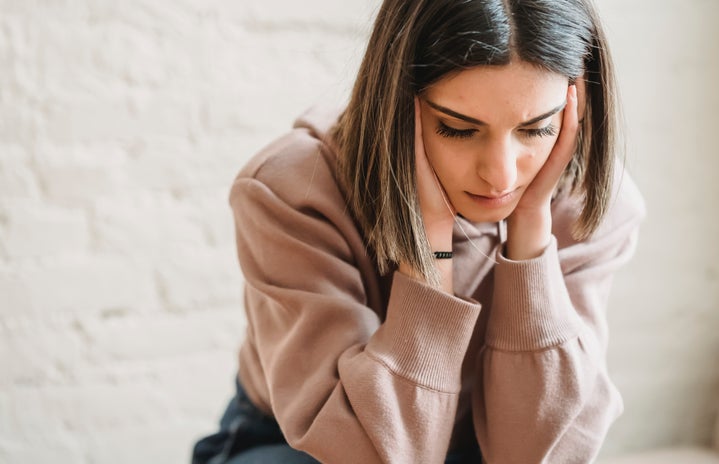So, you’re on anti-depressants. Well, I am too, and a quintessential question comes to mind: how many people around us are and don’t talk about it? The stigma of saying you are on mental health medication emits fear, and I digress, as I sit and write this article, I too fear what people may think with my name on the byline. But strength in words and numbers can be found, and I know I am not alone. This is my experience, and everyone’s story is different.
As women, we are taught to be strong, to not show weakness – weakness will reiterate stereotypes, pull you down. By saying we are on antidepressants, we fear it may make us seem smaller, but it is just the opposite, because of it, we are more powerful. An article from Homewood Health, a mental health centre writes, “By working together to understand the influences women encounter when it comes to mental health challenges, we can help to encourage broader access, break down stigma and help women develop the mental health strength and resiliency they need in order to diminish the challenges they face”. Together, we take control of our mental health, our own lives, without caring what others think. We have agency, power in numbers, and truth in conversation.
For years, I fought back when doctors and therapists suggested mental health support medication. I feared people would judge me, that no one else was like me and people might see me as different. Because of this, I suffered. When I finally fought through my shame and began taking them, all became clear: I am not weird, or different, there was just a funny little imbalance in my brain, and all of a sudden I was stronger, happier, and stable. The National Health Service, England’s publicly funded health service, explains the workings of antidepressants, writing, “It’s thought they work by increasing levels of chemicals in the brain called neurotransmitters. Certain neurotransmitters, such as serotonin and noradrenaline, are linked to mood and emotion”. It’s important to find the kind that works best for you, and other forms of help—such as therapy—to continue your mental health journey. I wonder if more people had talked about it, if I had known that those around me at University were also taking them, would I have done it sooner?
Yes, gender is a social construct, but it does not make our feminine experience any less real. We stand together, intersectional, understanding, feminist. So when we talk about our experiences that we may feel shame in, like this, we build eachother up.


